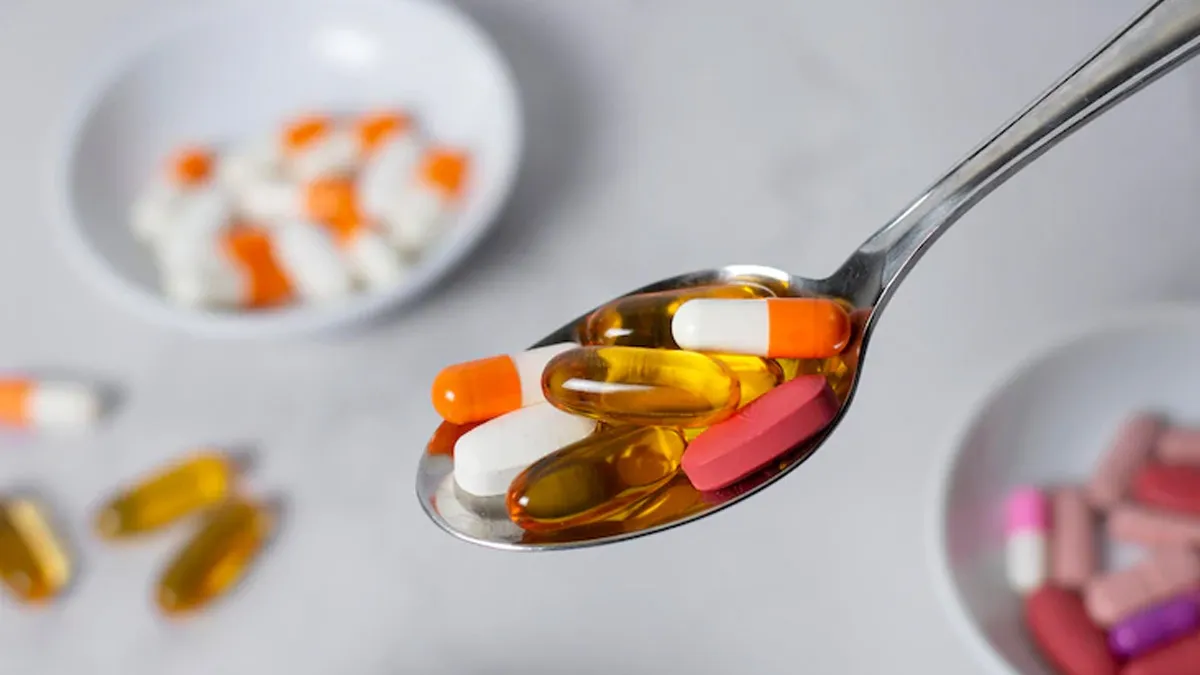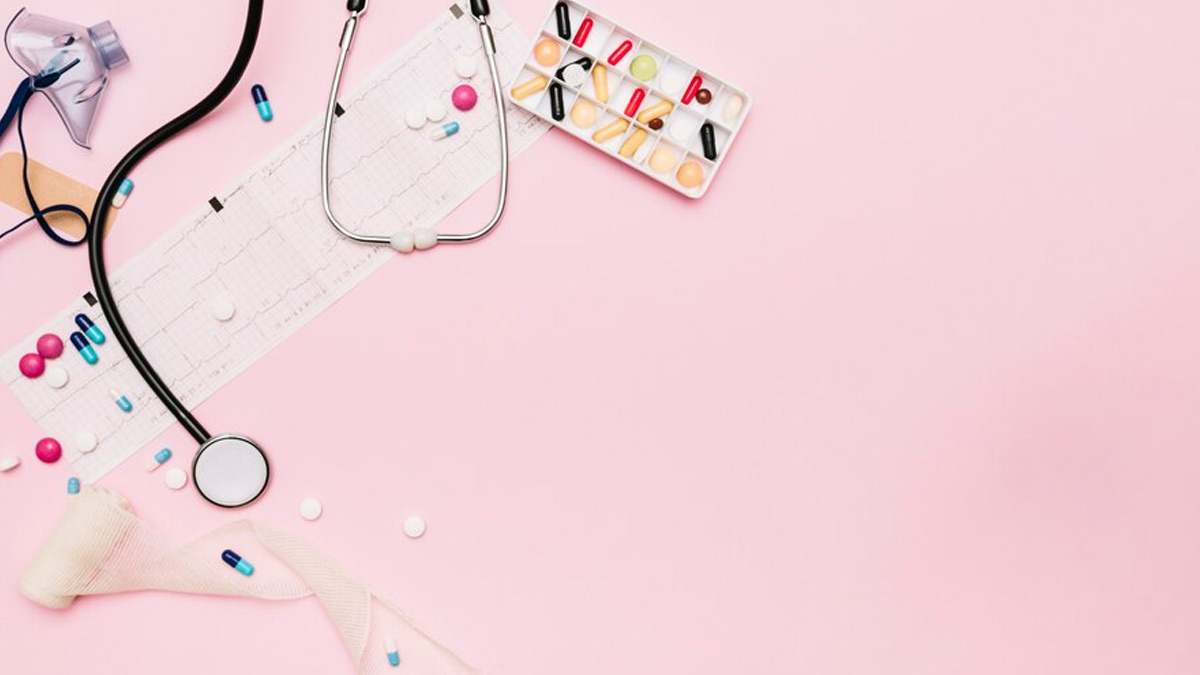
We live in a culture where everyone has become more health-forward, and the supplement shelf is now a common stop for many who want to improve their well-being. From multivitamins to herbal supplements, the potential for increased energy, improved immunity, and focused support is enticing. But in this pursuit of best health, one important question is often left unasked: Can supplements in the form of pills and powders potentially cause more harm than benefit, namely to our liver?
Table of Content:-
In an exclusive interaction with the editorial team of Onlymyhelath, our expert, Dr Shrey Srivastav, Senior Consultant and General Physician, Sharda Hospital - Noida, explained that our liver is the metabolic powerhouse of our body, which tirelessly purifies toxins, metabolises nutrients, and supports a myriad of vital functions. It's a tough organ, but it's not immortal. And whereas we tend to couple liver damage with alcohol use or viral infections, there is also some mounting evidence that some supplements can indeed be particularly damaging to it.
The popular appeal of taking supplements is rooted in several reasons — Busy lifestyles, perceived dietary insufficiencies, and the need for natural remedies — that compel people to turn to these over-the-counter supplements. Advertisements usually highlight their natural makeup and supposed health benefits, sometimes eclipsing the risks.

Also Read: Summer’s Role In Detoxing The Body: How Sweating Helps Improve Reproductive Health
“But the ‘natural’ tag doesn't necessarily mean ‘safe.’ Most supplements are rich in bioactive substances that, when taken in large amounts or conjunction with other compounds, can put a strain on the liver's processing capabilities. Supplements, as opposed to prescription drugs, tend to have laxer regulation in most countries, including India.” Dr Srivastav explained. In simpler terms, this translates to inconsistent quality control, mislabeling of ingredients and dosages, and possible contamination with toxins.
Warning Signs of Supplement-Induced Liver Damage:
Liver injury can have many forms, and the signs are often subtle at first. Paying attention to warning signs is important. Here are a few warning signs as listed by Dr Srivastav:
Jaundice: Yellowing of the skin and whites of the eyes.
Dark urine: Tea-colored urine.
Pale stools: Light-coloured bowel movements.
Abdominal discomfort or swelling: Particularly in the upper right region.
Nausea and vomiting: Unexplained or recurring.
Fatigue and weakness: Dizziness and a feeling of unusual tiredness.
Loss of appetite: Sudden reduction in hunger.
Itching: Nonpruritic itching without rash.
If any of these symptoms are noticed after supplement use, it's imperative to stop use immediately and speak with a doctor.

Also Read: Roadies XX’s Rhea Chakraborty Reveals Having Ulcer: Warning Signs You Shouldn't Miss
How To Protect Your Liver?
Navigating the world of supplements requires caution and informed decision-making. Here are some essential expert-approved steps to protect your liver:
1. Talk to Your Doctor
Before starting any new supplement, discuss it with your physician or a registered dietitian. They can assess your individual needs and potential risks based on your health history and other medications and advise on appropriate dosages.
2. Be Cautious of Miracle Claims
If a supplement guarantees unrealistic outcomes or seems too good to be true, it probably is. Dr Srivastav suggested not to believe any miracle claims and to talk to your family doctor for any long-term changes you want in your health.
3. Select Reputable Brands
Opt for products that have been third-party tested for purity and quality. Avoid unknown brands with little information.
4. Adhere to Recommended Dosages
More is not necessarily better. Taking more than the recommended dose greatly raises the risk of side effects and doesn't mean that it can miraculously maintain your levels of vitamins and minerals.
5. Watch Out for Side Effects
Notice any abnormal symptoms that emerge after initiating a new supplement.
Bottomline
While supplements may have a place in aiding general health for certain people, they are not without risk. Liver damage, though not the most frequent side effect, is one to be worried about. Keep in mind that a balanced diet and a healthy lifestyle continue to be the pillars of good health, and supplements must be taken as additions, not alternatives and under expert advice.
Also watch this video
How we keep this article up to date:
We work with experts and keep a close eye on the latest in health and wellness. Whenever there is a new research or helpful information, we update our articles with accurate and useful advice.
Current Version
